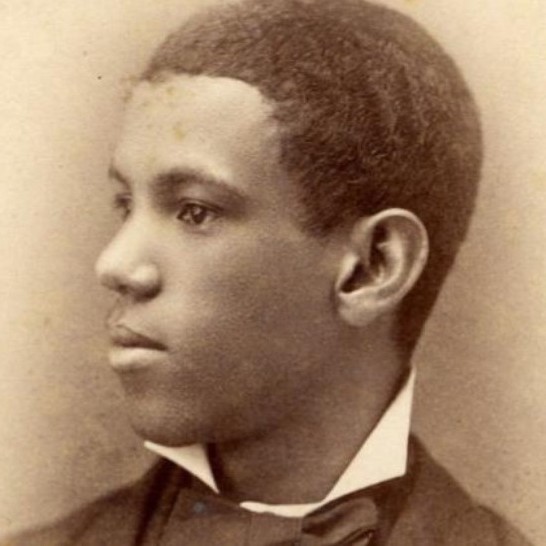By Lisa Nails and Leslie Pina | Patient Navigators
National Hispanic Heritage Month is observed from September 15 to October 15 by celebrating the histories, cultures, and contributions of American citizens whose ancestors came from Spain, Mexico, the Caribbean, and Central and South America.
The observation started in 1968 as Hispanic Heritage Week under President Lyndon Johnson and was expanded by President Ronald Reagan in 1988 to cover a 30-day period.
At first it may seem awkward this observation doesn’t follow a traditional calendar month but the dates make perfect sense! September 15 is set as the starting date for the month as it is important for many reasons. It is the independence anniversary for Latin American countries: El Salvador, Guatemala, Costa Rica, Nicaragua, and Honduras. From here onwards, the independence days of Mexico and Chile fall on September 16 and September 18, respectively. Dia de la Raza or Columbus Day also falls within this month on October 12.
NOAH is proud to recognize and celebrate the incredible contributions to medicine brought forth by Hispanic healthcare pioneers. Watch The Beat over the next four weeks for weekly articles highlighting these stories.
An Independent Puerto Rican

José Celso Barbosa faced discrimination more than once in his lifetime. But the same determination that propelled him past those obstacles allowed him to help countless others.
In 1875, encouraged by his aunt, “Mama Lucia,” Barbosa left Puerto Rico for New York City to further his education. A brush with pneumonia spurred his interest in medicine, but admissions officials at Columbia University’s College of Physicians and Surgeons rejected his application.
The letter refusing him read, “At a faculty meeting held last night it was decided not to receive students of color.”
Barbosa was undeterred. In 1880, he graduated with honors from the University of Michigan as the first Puerto Rican to receive a medical degree in the United States.
Barbosa went on to care for soldiers during the Spanish-American War through the Red Cross and to treat many poor patients across Puerto Rico. Barbosa even articulated a need for employer-based healthcare insurance, which was a radical idea at the time.
Later in his career, Barbosa founded a party that urged U.S. statehood for the island. For that leadership, Barbosa has been dubbed the “father of the Puerto Rican statehood movement.”









